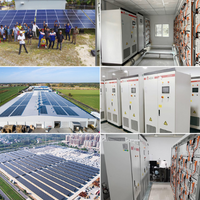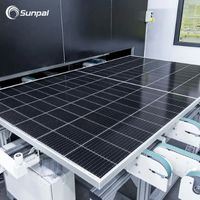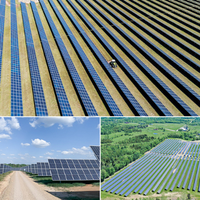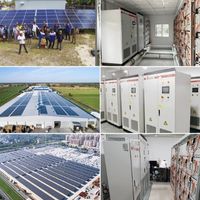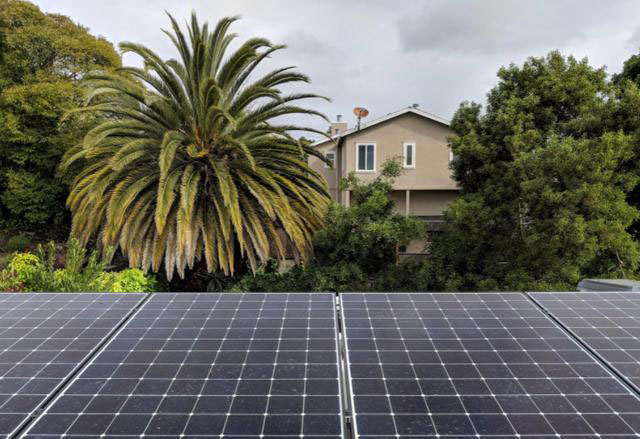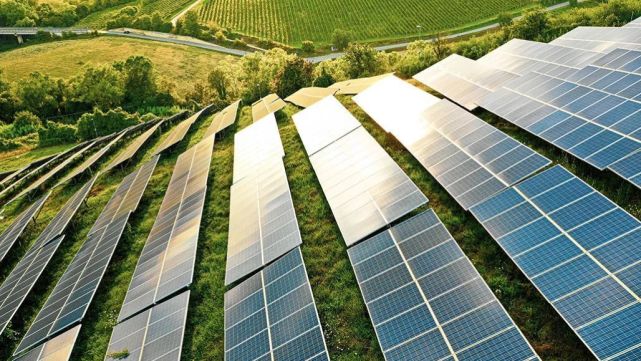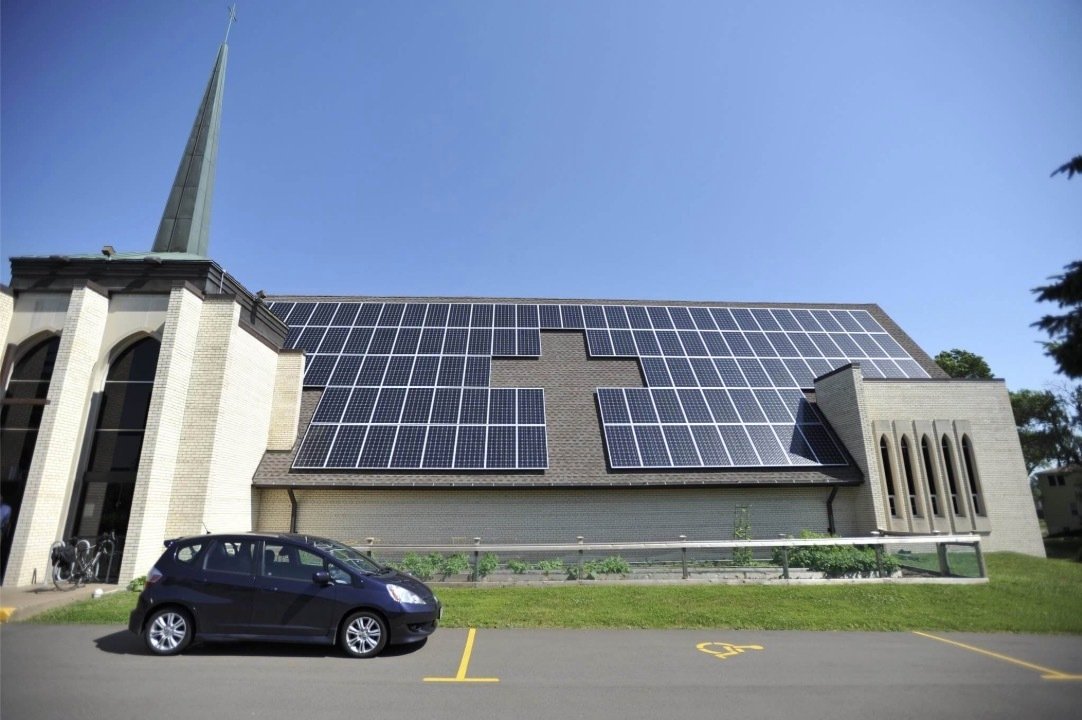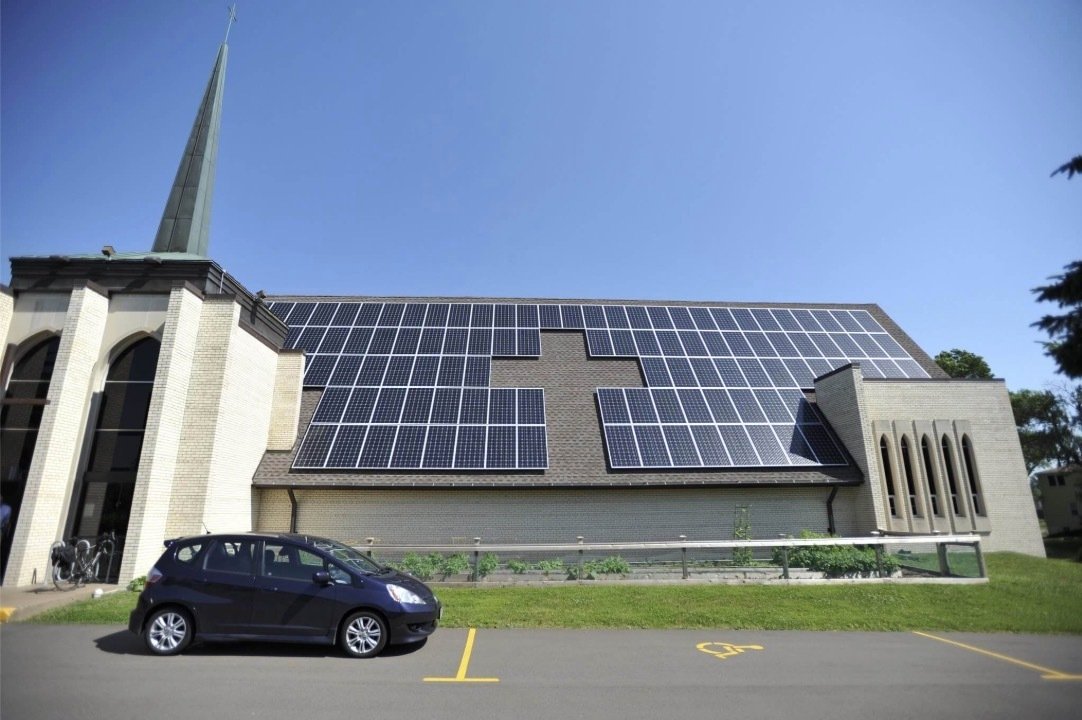2023.Mar
22
Canadian Solar: 21.1GW of module shipments in 2022, a year-on-year increase of 45%
Canadian Solar: 21.1GW of module shipments in 2022, a year-on-year increase of 45% On March 21, 2023, Canadian Solar Inc. (NASDAQ: CSIQ, hereinafter referred to as "Canadian Solar" or the "Group") announced that it will end the fourth quarter of 2022 as of December 31, 2022. and annual financial reports. In the fourth quarter of 2022, the Group has sold a total of 6.4 GW of solar modules to more than 70 countries, an increase of 68% year-on-year; the top five markets for shipments are China, the United States, Brazil, Spain and Germany. In 2022, the group's sales will be US$7.47 billion (approximately RMB 50.273 billion), a year-on-year increase of 42%; net profit will be US$240 million (approximately RMB 1.615 billion), and diluted earnings per share will be US$3.44 (approximately RMB 23.15) ; Module shipments were 21.1 GW, a year-on-year increase of 45%; total annual shipments of energy storage systems were 1.79 GWh, doubling year-on-year; Solar power plant project layout and planning As of January 31, 2023, Canadian Solar Group (CSIQ) has a total global solar power plant project reserve of about 25 GW. Among them, the total amount of solar power station projects under construction is about 1.8 GW, the total amount of solar power station projects in the late stage of project development is about 4.9 GW, and the total amount of solar power station projects in the early/middle stage of project development is about 18 GW. About 1.77 GW of global solar power plant projects under construction, respectively located in: 1,400 MW in Latin America (including 645 MW of power plant projects held by third parties or sold to third parties), 89 MW in EMEA (Europe, Middle East, Africa) , Japan 36 megawatts, China 250 megawatts. About 4.87 GW of solar power plant projects in the late stage of project development are located in: 422 MW in North America, 2,397 MW in Latin America and 971 MW in China (including 282 MW of power plant projects owned by third parties or sold to third parties) , EMEA (Europe, Middle East, Africa) 936 MW, Japan 149 MW, Asia Pacific (excluding Japan and China) 3 MW. (*The power station project in the late stage of project development refers to a solar power station that has signed a PPA power sale agreement or has obtained FIT, the project is safe and reliable, and will be completed in the next one to four years.) About 6.86 GW of solar power plant project reserves in the middle of project development are located in: North America 2,310 MW, Latin America 908 MW, EMEA (Europe, Middle East and Africa) 3,509 MW, Japan 3 MW, Asia Pacific (excluding Japan and China) 135 MW. (*The power station project in the middle stage of project development refers to the project that has more than 90% certainty and can sign the PPA power sales agreement.) About 11.22 GW of solar power plant project reserves in the early stage of project development are located in: North America 4,324 MW, Latin America 510 MW, EMEA (Europe, Middle East and Africa) 2,803 M...
Read More
